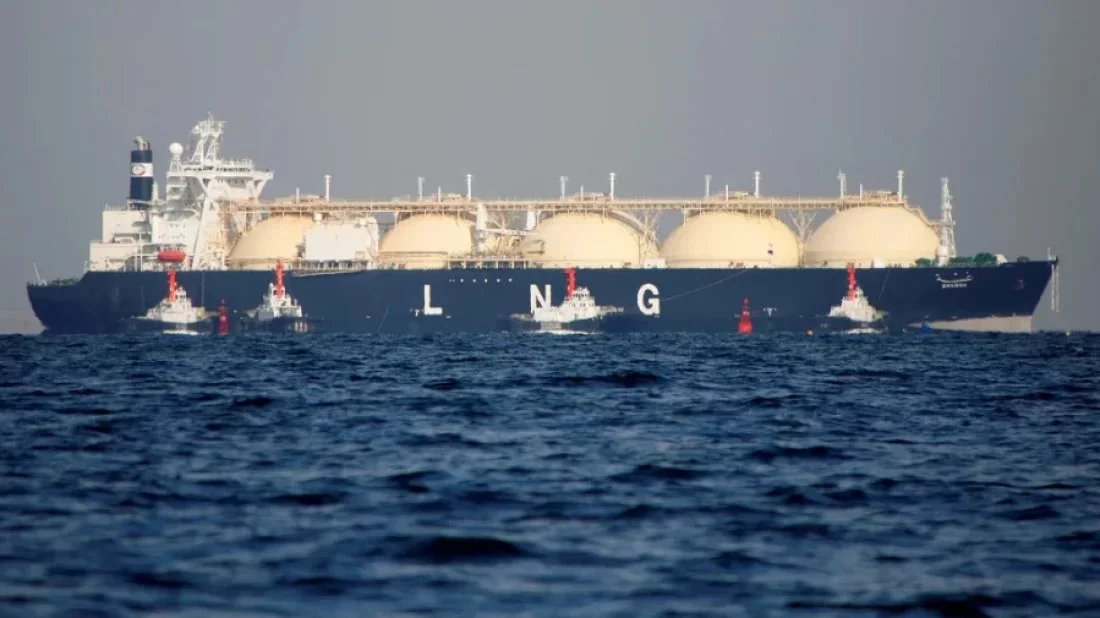Report: Energy efficiency measures can save Bangladesh $460m annually in LNG imports
Share on:

Replacing inefficient generators could cut imported LNG demand by 50.18 billion cubic feet yearly
Improving energy efficiency in Bangladesh could save $460 million annually and reduce reliance on costly liquefied natural gas (LNG) imports, per a report by the Institute for Energy Economics and Financial Analysis (IEEFA).
The report surveys 51 industries with 124 gas-fired captive generators with a combined generation capacity of about 250 megawatts (MW) to find solutions to reduce the country’s increasing LNG demand.
“An insatiable appetite for gas could lock Bangladesh into a vicious cycle of spiraling prices and supply issues pertaining to LNG, and threaten to stall its economic transformation,” says the report’s author, Shafiqul Alam, lead analyst – Bangladesh Energy, IEEFA.
Alam examines the nation’s brief, turbulent relationship with imported LNG, and how the once cheap fossil fuel quickly became an economic burden.
Bangladesh's LNG import strategy, once promising in 2018, faltered due to Covid-19 disruptions and global fuel price shocks triggered by the Russia-Ukrain war in 2022.
“The plan to import sufficient energy for development was not designed to cope with the high-level
of volatility in the international fuel market, depreciation of the local currency, and weak fiscal conditions,” he said.
“Low efficiency in gas-fired captive power generation consumes a significant amount of gas annually. This is despite the average efficiency in captive generation increasing to 35.38% from 30% in the last decade,” Alam said.
“Additionally, a significant percentage of industries do not utilize the waste heat released by these generators,” he added.
The report found that by replacing the vast stock of aging, inefficient generators with more efficient models already available, and harnessing the waste heat produced by generators for other applications, Bangladesh could reduce the demand for imported LNG by a massive 50.18 billion cubic feet a year, or 21%, representing an annual saving of$460 million.
Replacing generators will require significant upfront investment, this capital outlay can be recouped within 1.5 to five years.
The alternative is to spend far more on building additional infrastructure to cope with the increasing local demand for fossil fuel imports against a global backdrop of tightening regulations to produce environment-friendly products.
“As the era of cheap energy comes to an end, with the government likely to make energy pricing more competitive in the foreseeable future, enhancing energy efficiency will be financially more rewarding. Any complacency in undertaking energy-saving measures will likely erode the competitiveness of industries in the international market,” Alam added.
The policy foundations for such a shift already exist in Bangladesh. For instance, energy auditing of designated consumers, including industries, is mandatory.
The Sustainable and Renewable Energy Development Authority (SREDA), established to accelerate the deployment of clean energy, may design measures to swiftly scale up energy efficiency.
However, greater support, incentives, and access to finance are essential to drive the country’s energy sector towards a more secure and sustainable future, the report found.
Slow progress in deploying renewable energy and a lack of investment in developing local resources, have put Bangladesh at a fundamental disadvantage as it does not produce enough energy.
Therefore, this study calls on the government to spearhead a comprehensive approach in the medium- to long-term, by enhancing the reliability of the electricity grid to encourage industries to shift to grid power from captive generation, increasing renewable energy capacity and more.
“Full energy independence may be a utopian dream, but the country must find ways to rein in its import dependence,” Alam said. “Weaning Bangladesh off LNG imports will take time, but decision-makers must plan and act now lest the country is left badly exposed to the next global shockwave.”

